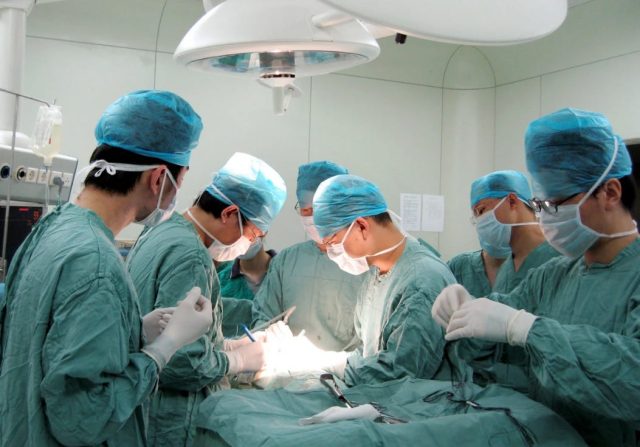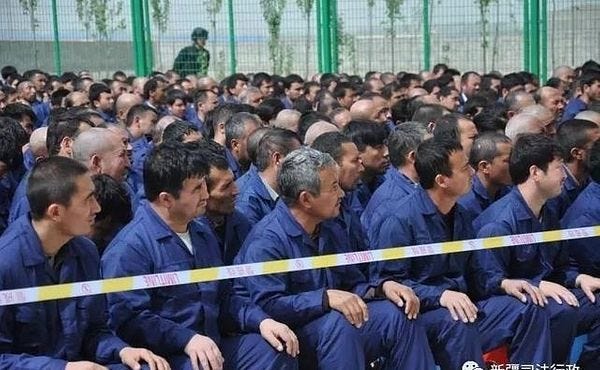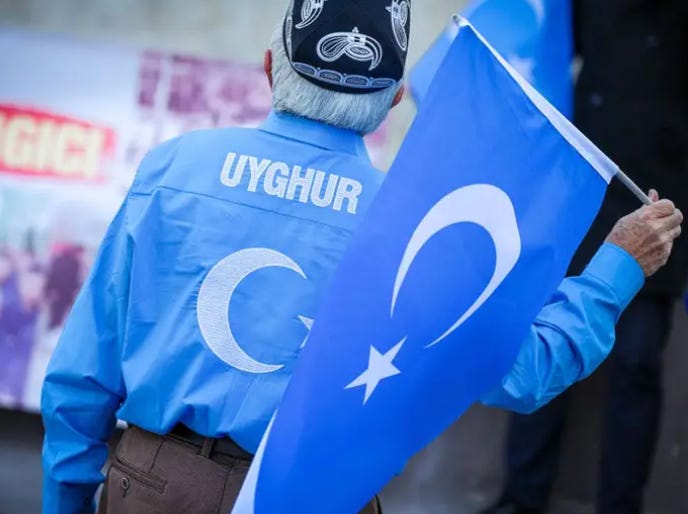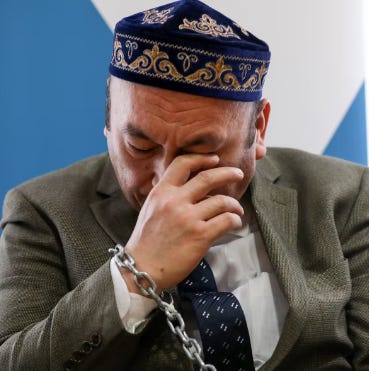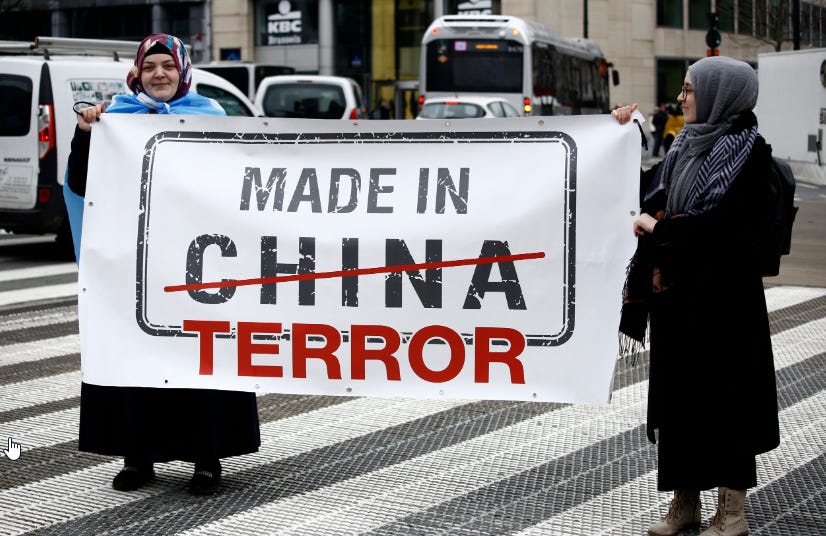GRAPHIC: Live, fatal organ extraction exposed
Prepare yourself.
This interview is hard for sun-soaked Australians to comprehend.
It’s a topic most of our politicians avoid. It’s too troubling. It opens a Pandora’s Box of questions, about humanity, ethics, complex interconnections, human rights, our future, and sickening expediency beyond our imagination.
So, before the interview, Liberty Itch will step you through a quick, summarising primer.
There is credible evidence that Australia’s #1 trading partner, the People’s Republic of China, runs the world’s largest forced organ harvesting business.

Australia doesn’t simply buy electronics, steel and machinery from China but, critics assert, the Communist Chinese Party does a roaring trade in human hearts, lungs and kidneys, treated as commodities like any other. It’s a lucrative, bloody business.
https://www.youtube-nocookie.com/embed/u2bUusvh3c0?rel=0&autoplay=0&showinfo=0&enablejsapi=0
The China Tribunal, a London-based non-government tribunal which investigated claims of forced human organ harvesting chaired by former lead prosecutor of the Slobodan Milošević trial, Sir Geoffrey Nice KC, has made some shocking findings.
This will give you a feeling for those findings:
Its damning final judgment claimed there are over 1.5 million people currently detained in Chinese prison camps, many of them are being brutally killed or operated on, alive, to provide organs for the $1 billion transplant industry.
$1 billion! That’s the size of Australia’s wine exports to China, when the communists aren’t interfering with free trade. This is the scale of the ghoulish business.
If you think the issue of Beijing’s organ trafficking is a far-away problem overseas, you are mistaken. It’s on our doorstep. It’s here.
The China Tribunal discovered a few Australians in the medical profession linked to a Sydney hospital were denying organs were sourced through coercion and human rights abuses.
Further, the Australian reported contentious, CCP-propagandist white-washing of forced harvesting by a former Griffith University academic, Campbell Fraser, who had a history of cooperative association with CCP mouthpiece, China Daily.

Further again, Australia’s SBS reported a complicated fracas between medical practitioners at Westmead Hospital. In that report, Dr Chapman, a staunch defender of Chinese Communist Party organ harvesting practices, had in earlier years reported another physician allegedly being told by a patient of Chinese origin, “I cannot come in for dialysis tomorrow. I have to fly tonight because they are shooting my donor tomorrow.”
Though obviously the Australian and SBS are reputable sources, Liberty Itch wanted to speak directly with other investigators with expertise in China’s organ harvesting practices.
The following interview is with David Matas CM.
David Matas CM is an international human rights lawyer based in Winnipeg, Manitoba, Canada. He is co-author with David Kilgour, a former Canadian Secretary of State and Deputy Speaker of the Canadian House of Commons, of Bloody Harvest: The Killing of Falun Gong for their Organs, 2009 and co-editor with Torsten Trey of State Organs: Transplant Abuse in China, 2012. David is a co-founder with David Kilgour and Ethan Gutmann of the International Coalition to End Transplant Abuse in China, and a member of the Order of Canada.
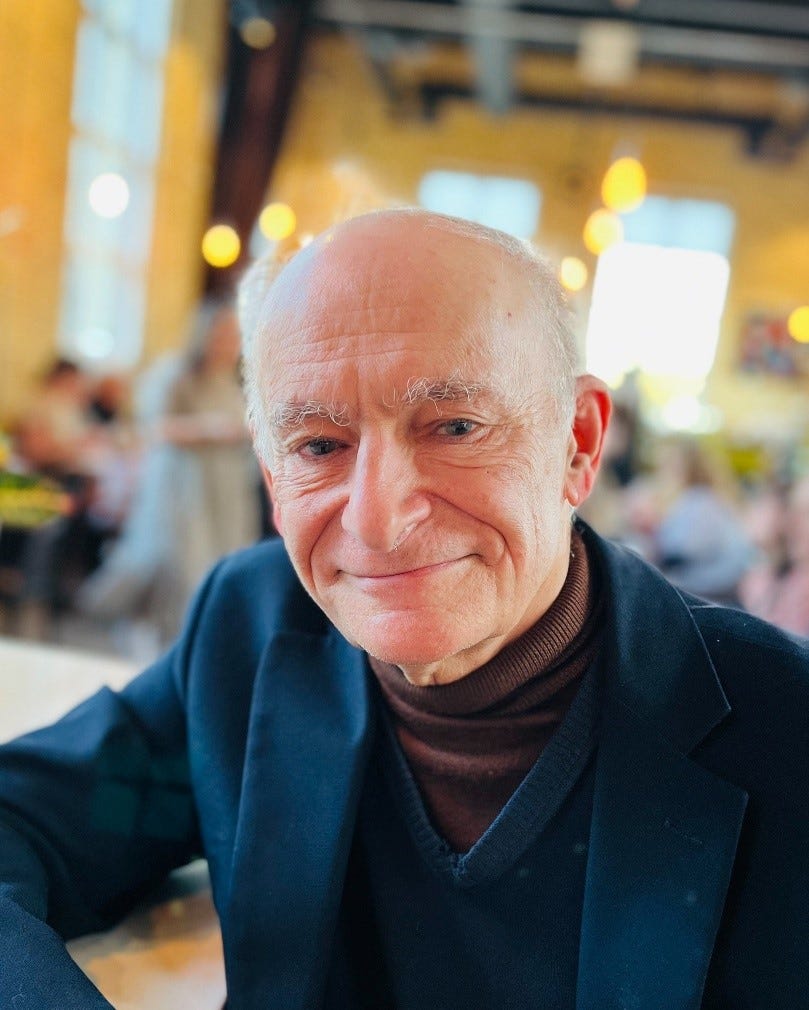
<Interview starts>
LI: Can you give Liberty Itch subscribers a brief overview of the Chinese state’s organ harvesting business? How is it done?
DM: Prisoners of conscience in arbitrary indefinite detention are systematically blood tested and organ examined. The lists of prisoners with blood types and tissue types are circulated to nearby health practitioners and hospitals. When a patient arrives needing a transplant, the blood and tissue typing is matched with that of a prisoner. The matching prisoner is, in detention, injected with anti-coagulants and immobilisers and then taken to a nearby van where organs are extracted. The extraction kills the prisoner. His or her body is cremated on site. The organ or organs are taken by the van to a nearby hospital or to an airport for transport elsewhere in China.
LI: What is the scale? Who are the victims and who are the ‘clients’?
DM: About 100,000 organs a year. The victims are primarily practitioners of the spiritually based set of exercises Falun Gong, also Uyghurs in large numbers, Tibetans and House Christians, mostly Eastern Lightning, in smaller numbers. The clients are transplant tourists, and wealthy or well-connected Chinese.
LI: Who benefits from the Chinese State’s organ harvesting business?
DM: The health system benefits financially. The Communist Party benefits through elimination of those it sees as insufficiently Communist.
LI: You recently visited Australia, late last year, and have gone to Canberra to present the issue of Beijing’s Illegal Organ Trafficking to our elected representatives in the Federal Parliament. What was the response?
DM: There has been significant concern in the Parliament of Australia about organ transplant abuse in China. There have been many petitions in the Parliament of Australia, both in the House of Representatives and the Senate, addressing Falun Gong and organ harvesting, starting in 2006 when the report that I wrote with David Kilgour first came out and continuing to this year. The Parliament, it is safe to say, is well-informed of the abuse and has showed considerable concern about the abuse.
However, the response from the individual elected representatives varied, depending on the representative with whom I met. I would suggest contacting these representatives directly for their response.
LI: What more should the Australian Government do to tackle this crime?
DM: These are 5 suggestions to the Australian government in summary.
1) Improve the Australian Senate procedures. There are several Parliaments around the world which have, through motions or resolutions, condemned the mass killing in China of prisoners of conscience for their organs and called for Government action to avoid complicity in those killings. Australia should follow suit.
2) Adopt mandatory reporting whereby medical professionals have an obligation to report, to an appropriate registry or authority, any knowledge or reasonable suspicion that a person under their care has received a commercial transplant or one sourced from a non-consenting donor, be that in Australia or overseas;
3) Implement extraterritorial legislation. The current Australia’s Criminal Code does not explicitly prohibit organ trafficking. The government has accepted the recommendation to amend it but no amendments have been proposed in reality. As an alternative, private Members and Senators could introduce amendments to prohibit organ trafficking;
4) Become a state party to the Council of Europe Convention on Human Rights and join other nations in a collective effort to combat foreign organ transplant abuse;
5) One last suggestion I would make is the constitution of a friends of Falun Gong Parliamentary group. Australian Parliamentarians, through the many petitions they have presented to Parliament, as well as through the Sub Committee report, and statements they have made outside Parliament, have shown an understanding of the issue of the mass killing.
You can see the full text of my suggestions here.
<Interview ends>
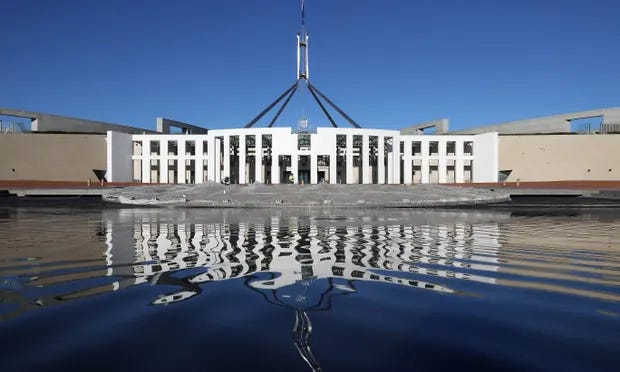
Liberty Itch urges the Albanese Government to take leadership to protect the most vulnerable members of our community. It was promised to us that Australia will ‘cooperate where we can, disagree where we must’ with China.
This is an area that we ‘disagree where we must’ and immediate actions need to be taken.
There’s more you can do:
The International Coalition to End Transplant Abuse in China (ETAC) has an Australian chapter that works on a range of initiatives. Apart from legislation change, there is also a need for Australian universities, hospitals and transplant associated organisations to undertake due diligence in their interactions with China in the areas of transplant medicine, research and training.
It’s important that our medical professionals and academics are not unknowingly aiding and abetting China in its illegal organ trafficking practices.
Fiona is a higher education professional based in South Australia. Following the collapse of Hong Kong freedom, Fiona became deeply concerned about the threats imposed by China within Australia. Her research covers a range of topics, including China’s soft power, influence, infiltration, interference and human rights abuses.






